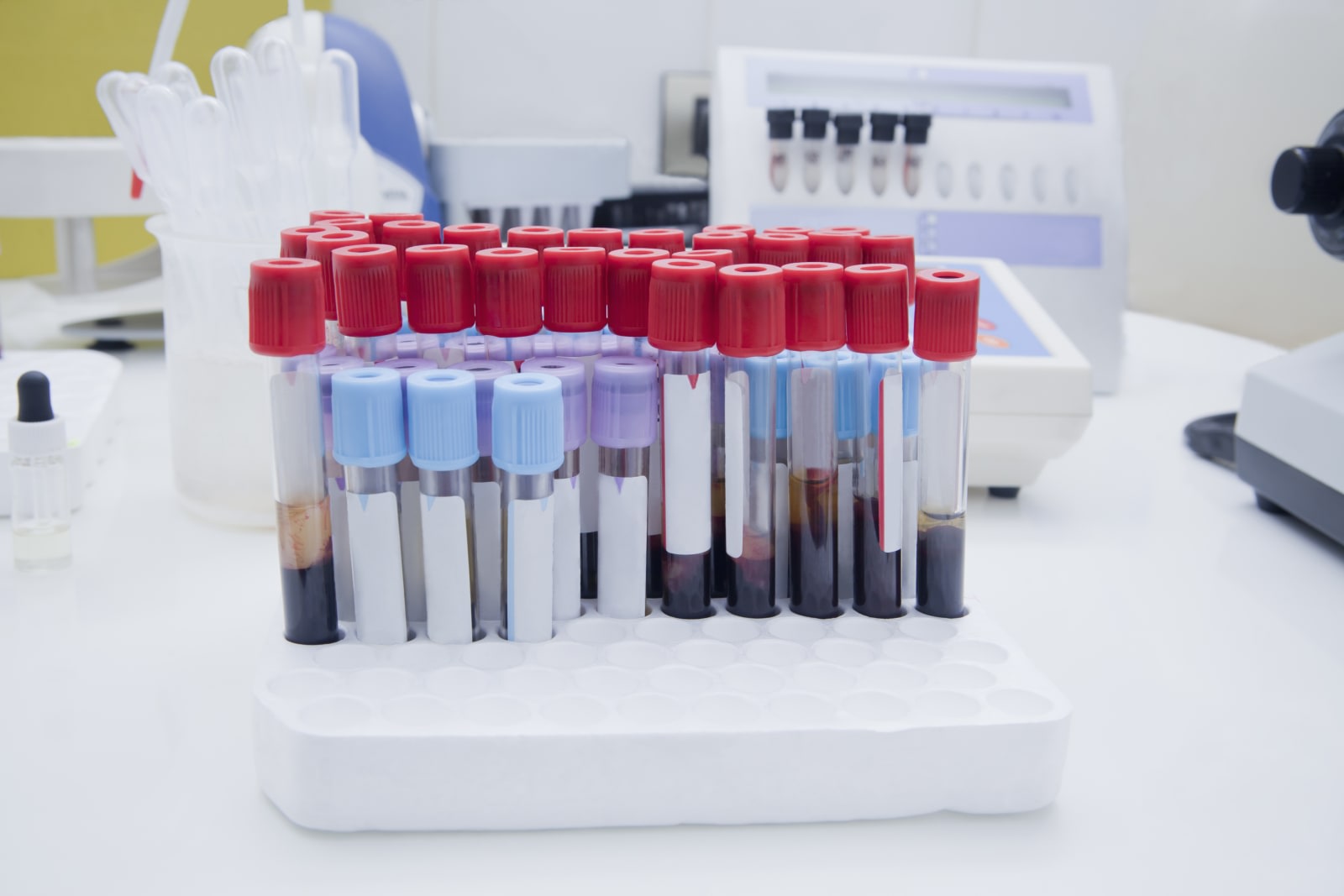Blood test results could help predict bipolar symptoms
A study found kids with high levels of IL-6 were at risk for hypomanic symptoms as adults.

Researchers have discovered a possible link between bipolar disorder and certain blood markers. The UK-based longitudinal study (PDF) started when kids were nine years old, examining if the presence of the infection-fighting interleukin-6 (IL-6), C-reactive protein and asthma or eczema had a link to hypomania when the participants were 22 years old. Turns out that higher levels of IL-6 at childhood are indicative of hypomanic symptoms later in life -- depression and psychosis -- which can lead to bipolar disorder.
"Those in the top third of IL-6 at nine years had an increased risk of hypomanic symptoms aged 22 years, compared with those in the bottom third," the research paper says. What's more, that association apparently gets stronger when factors like sex, ethnicity and socio-economic status are taken into account. Asthma, eczema and C-reactive protein? None of those showed any relationship to hypomanic symptoms, while IL-6 and hypomania remained constant.
IL-6 itself is naturally produced by the body at times of aerobic exercise, fever, infection and other trauma. New Scientist writes that the chemical can alter how the brain works as well. Specifically, the subgenual cingulate area where anxiety, memory, mood, sleep and self-esteem are governed. Treating those affected areas could help allay the effects of bipolar disorder.
Article Resources:https://www.engadget.com






Post a Comment